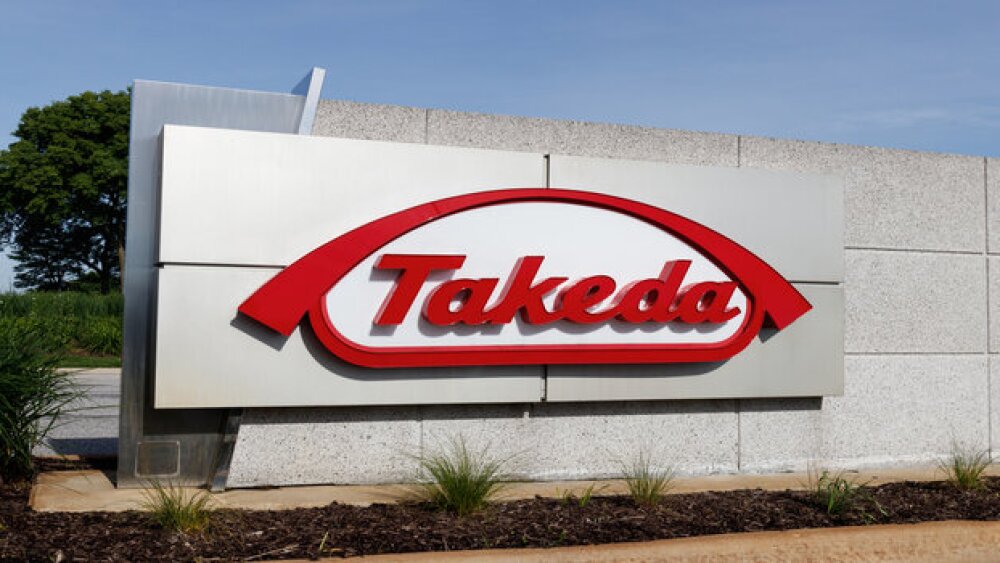December 29, 2015
By Mark Terry, BioSpace.com Breaking News Staff
Gaithersburg, Md.-based Emergent BioSolutions, Inc. , best known for manufacturing a vaccine for Anthrax called BioThrax, announced details about its spinoff company, Aptevo Therapeutics.
On Aug. 6, Emergent announced it was spinning off a separate, stand-alone publicly-traded company that would focus on novel oncology and hematology therapeutics. The plan was to utilize the company’s ADAPTIR platform to focus on immuno-oncology.
On Dec. 22, it was released that the new company’s name would be Aptevo Therapeutics, which would launch in mid-2016 and be located in Seattle. In addition, this new company already has a pipeline candidate for a Phase I clinical trial for prostate cancer.
The company will utilize technology developed by Trubion, which was acquired by Emergent in 2010 for $96.8 million upfront with an additional $38.7 million in various milestone payments.
But the new company believes it can improve on that technology, which was “two generations ago in its design,” said Daniel Abdun-Nabi, Emergent’s president and chief executive officer, to The Seattle Times. “We’ve seen significant improvements in the way molecules are being designed and built.”
The new company will have between 70 and 90 employees in Seattle, who will focus on research and development. A total headcount will be around 130 people once its sales-oriented staff in Pennsylvania and other areas are included.
In addition, Aptevo will have four products on the market that are not related to its core technology. These are expected to generate annual revenue of $30 million to $40 million initially. “It’s not a ton of revenues,” said Abdun-Nabi, “but it provides a healthy cash flow to help offset the research-and-development costs.”
Aptevo will be run by Marvin White, currently a director of Emergent. The company announced its board of directors on Dec. 22, as well. They include Fuad El-Hibri, Marvin White, Daniel Abdun-Nabi, Grady Granta, Zsolt Harsanyi, Barbara Kunz, and John Niederhuber. El-Hibri is the founder and executive chairman of Emergent’s board. Grant is the vice president of Medical Sales for Mead Johnson Nutrition. Harsanyi is on Emergent’s board, and was previously chairman of N-Gene Research Laboratories. Kunz is the global chief executive of DIA. Niederhuber is the founder, executive vice president, and chief executive officer of the Inova Translational Medicine Institute.
“The selection of the board of directors for Aptevo Therapeutics is an important milestone as we advance towards completing our separation into two independent, publicly-traded companies,” said Abdun-Nabi, in a statement. “Aptevo Therapeutics will benefit from the expertise of continuing board members as well as the fresh perspectives that the new directors will bring to pursue Aptevo’s mission of providing novel oncology and hematology therapeutics to meaningfully improve patients’ lives.”
Emergent recently announced its third-quarter financials, with $164.9 million in revenue, up 20 percent from the same quarter in 2014. Operations income for the quarter was $53 million, up 71 percent from the third quarter in the previous year.
This marked the end of the company’s multi-year growth plan, which is being replaced with a new five-year plan. “We are finalizing our next growth plan,” Abdun-Nabi told investors, “which will be a five-year plan taking us to 2020. This plan will be presented in January at the JPMorgan Healthcare Conference in San Francisco in concert with the announcement of our preliminary 2015 financial results and the forecast for 2016.”
The spinoff of Aptevo is expected to be one of the key milestones, as well as the expansion of BioThrax sales to the U.S. and other governments. As reported by The Motley Fool, “The spinout will allow the company to focus on its core in biodefense and emerging infectious diseases while removing the high cost of research and development associated with the biosciences division.”





